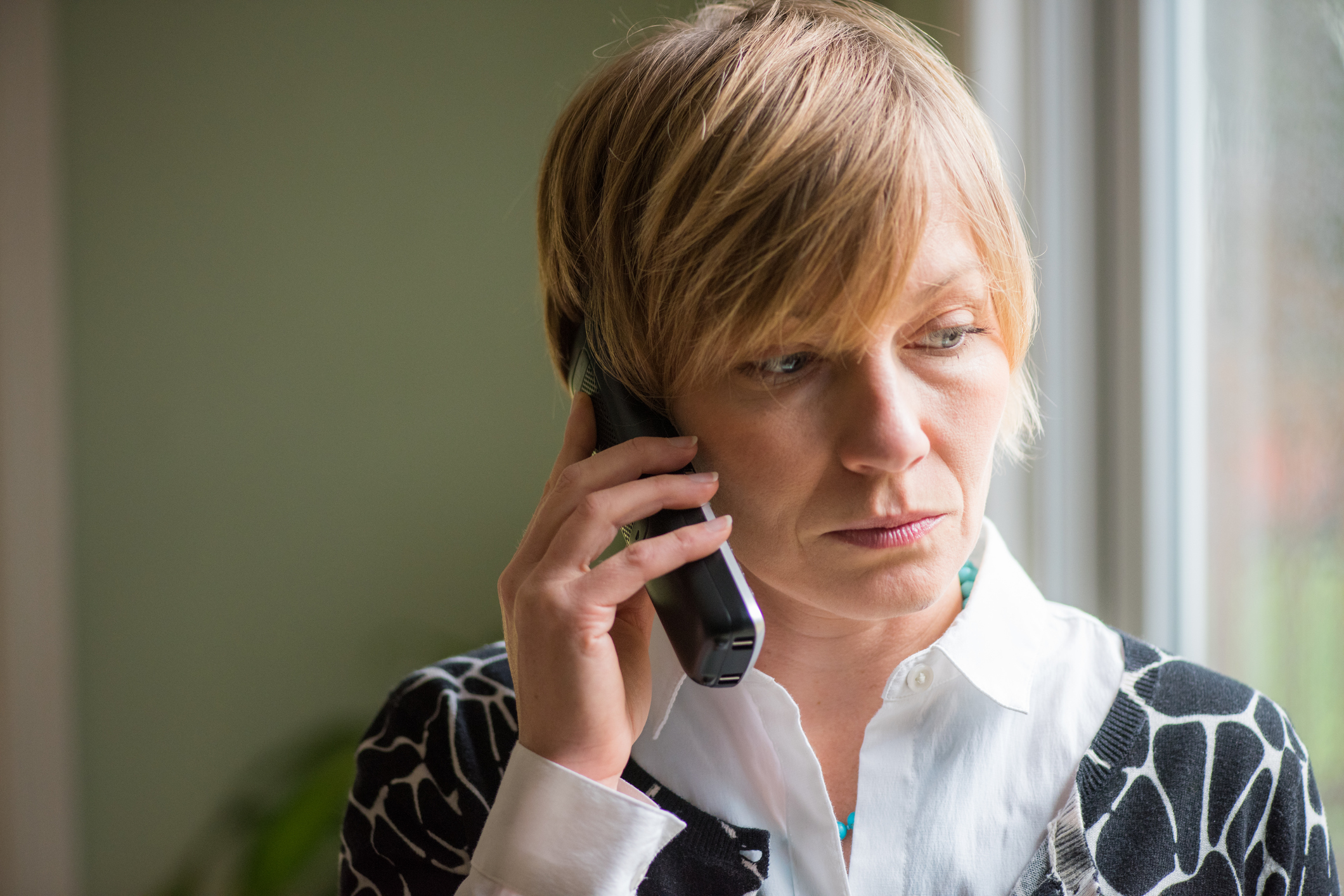MRI scan
This is a scan that uses magnetic energy to build up a picture of the tissues inside your body.
What is an MRI scan?
MRI (magnetic resonance imaging) is a scan that uses magnetic energy and radio waves to build up a picture of the tissues inside your body. MRI scans can produces images from different angles all around the body.
Sometimes your doctor will use a CT scan and an MRI scan to build a clearer picture of your organs.
Before the test
- A form will need to be completed before the MRI to ensure that it is safe for you to have an MRI scan.
- You may be asked not to eat or drink (to fast) for a time before the scan. It is important for the radiographer to know if you are fasting and are a diabetic.
- You may have an injection before the scan to show up certain parts of your body. It will be given through a IV cannula. An IV cannula is a small needle that is inserted into a vein, usually in your arm. Some people can feel a warm sensation when they get the injection. The IV cannula will be removed before you go home.
- You will need to remove any hair clips, jewellery, prosthetics or anything else that might contain metal, as the scanner is like a powerful magnet.
- If you have certain medical devices in your body, like a pacemaker or metal pin, you may not be suitable for the test.
- Let the radiographer know if you work with metal in case you have small bits of metal in your body.
- You may be asked to put on a hospital gown.
- A few tattoo inks have heavy metals in them. While it is generally safe to have an MRI if you have tatoos, you must tell the radiographer if you notice any discomfort or heat from your tattoo during an MRI.
- It is important to tell the radiographer, if you are pregnant or you might be pregnant.
During the test
You will lie on a bed that will slowly move inside a tunnel-like machine.
The machine is quite noisy, but you’ll be given earplugs or headphones to wear.
It is important that you keep as still as possible during the scan.
You may feel anxious about the scan, but every effort will be made to put you at your ease. Tell the radiographer if you’re feeling nervous.
You will be on your own in the room but the radiographer can see you and hear you and will be able to talk to you through an intercom.
If you need anything you can talk to the radiographer or just raise your hand, or you may have a buzzer to press.
How long does it take?
An MRI can last anywhere from 15 minutes to over an hour. It depends on how big the area being scanned is and the number of images being taken.
After the test
Most people will be able to go home immediately afterwards.
Getting MRI scan results
How will I get my results?
- In many cases, but not all, results are given in person.
- Sometimes, they are also given via phone call or letter / email.
- It is important that you have a follow up appointment with your consultant / GP so you can discuss the results of the MRI.
Questions to ask about test results
You can ask your medical team:
- How long before I get my results?
- Who will give me my results - doctor in the hospital or GP?
- How will I get my results - face to face, phone call, letter?
Related links



Talk to a Cancer Nurse

Support Line
Our Daffodil Centres

